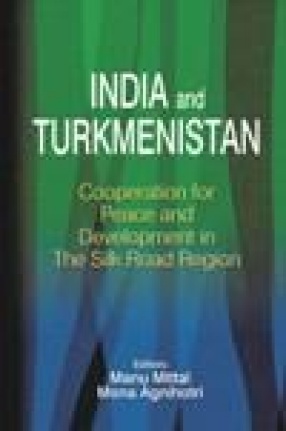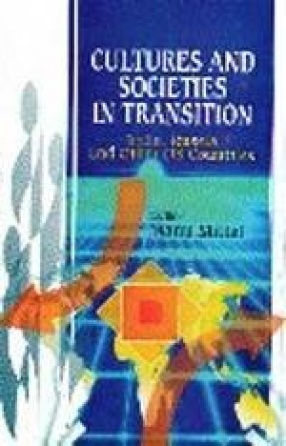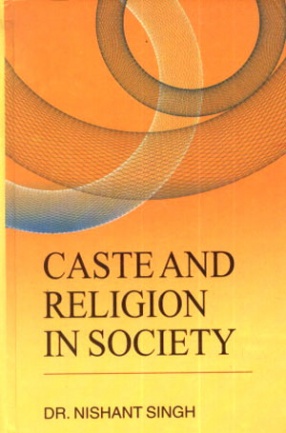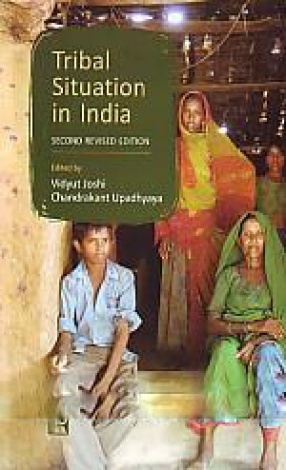India and Turkmenistan, regions of the fabled Silk Road form an extended neighborhoodbound by common cultural, linguistic and historical destinies.
In the century of a rising Asia, both India and Turkmenistanhold strategic geo-political significance. While India is a regional power with an increasing global influence, Turkmenistan is a key connector to Central Asia. The recently inaugurated Kazakhstan-Turkmenistan-Iran rail links, Shanghai CooperationOrganisation, Connect Central Asia Policy, Turkmenistan-Afghanistan-Pakistan-India (TAPI) pipeline and many other projects represent ambitions of regional cohesion for economic prosperity and stability.
In a unique region of incredible diversity, there is plenty that holds India and Turkmenistan together; including the foundations that define their outlook to the world. While Turkmenistan completes twenty-one years of adoption of its policy of Positive Neutrality and Peace, India has historically been a key proponent of the Non-Aligned Movement and expresses its intent to pursue a doctrine of peace essential to its vision of ‘vasudhaiva kutumbakam’ i.e. the world as one family.
There remains a large scope for cultural study, as well as people to people contact to strengthen mutual understanding between the two countries. This book is an effort to collect thoughts of experts on the India-Turkmenistan relations.






There are no reviews yet.